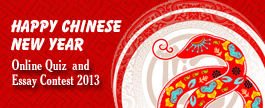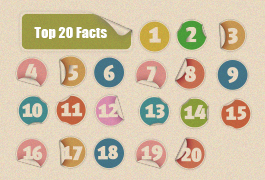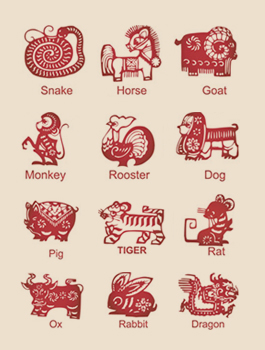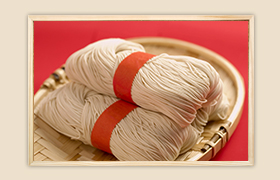The Chinese New Year festivities
(Chinadaily.com.cn)
Updated: 2013-02-06
The Chinese New Year celebrations are marked by visits to kin, relatives and friends, a practice known as "new-year visits" (Chinese: 拜年; pinyin: bàinián). New clothings are usually worn to signify a new year. The colour red is liberally used in all decorations. Red packets are given to juniors and children by the married and elders. See Symbolism below for more explanation.
All these festivities may vary from region to region and from family to family.
Days before the new year
On the days before the New Year celebration Chinese families give their home a thorough cleaning. There is a Cantonese saying "Wash away the dirts on nianyiba"(年廿八,洗邋遢), but the practice is not usually restricted on nianyiba(年二八, the 28th day of month 12). It is believed the cleaning sweeps away the bad luck of the preceding year and makes their homes ready for good luck. Brooms and dust pans are put away on the first day so that luck cannot be swept away. Some people give their homes, doors and window-panes a new coat of red paint. Homes are often decorated with paper cutouts of Chinese auspicious phrases and couplets.
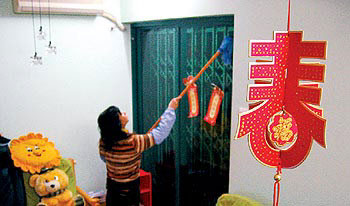
A woman is cleaning home
The biggest event of any Chinese New Year's Eve is the dinner every family will have. A dish consisting of fish will appear on the tables of Chinese families. It is for display for the New Year's Eve dinner. In northern China, it is also customary to have dumplings for this dinner. Dumplings symbolize wealth because their shape is like a Chinese gold nugget. This is comparable to Christmas dinner in the West, except with much more food.
First day of the new year
The first day is for the welcoming of the deities of the heavens and earth. Many people, especially Buddhists, abstain from meat consumption on the first day because it is believed that this will ensure longevity for them. Some consider lighting fires and using knives to be bad luck on New Year's Day, so all food to be consumed is cooked the day before.
Most importantly, the first day of Chinese New Year is a time when families visit the oldest and most senior members of their extended family, usually their parents, grandparents or great-grandparents.
Some families may invite a lion dance troupe as a symbolic ritual to usher in the Lunar New Year as well as to evict bad spirits from the premises. People also give red packets containing cash to junior members of the family, mostly children.
While fireworks and firecrackers are traditionally very popular, some regions have banned them due to concerns over fire hazards, which have resulted in increased number of fires around New Years and challenged municipal fire departments' work capacity. For this reason, various city governments (e.g., Hong Kong, and Beijing, for a number of years) issued bans over fireworks and firecrackers in certain premises of the city. As a substitute, large-scale fireworks have been launched by governments in cities like Hong Kong to offer citizens the experience.
Second day of the new year
The second day of the Chinese New Year is for married daughters to visit their birth parents. Traditionally, daughters who have been married may not have the opportunity to visit their birth families frequently. On the second day, the Chinese pray to their ancestors as well as to all the gods. They are extra kind to dogs and feed them well as it is believed that the second day is the birthday of all dogs.
Third and fourth days of the new year
The third and fourth day of the Chinese New Year are generally accepted as inappropriate days to visit relatives and friends due to the following schools of thought. People may subscribe to one or both thoughts.
1) It is known as "chì kǒu" (赤口), meaning that it is easy to get into arguments. It is suggested that the cause could be the fried food and visiting during the first two days of the New Year celebration.
2) Families who had an immediate kin deceased in the past 3 years will not go house-visiting as a form of respect to the dead. The third day of the New Year is allocated to grave-visiting instead. Some people conclude it is inauspicious to do any house visiting at all.


